3 Common Sales Tax Audit Red Flags
Hi everyone,
This week’s tax tip is all about recognizing potential red flags that can trigger a sales tax audit. If you or your client finds themselves engaging in any of these practices, it doesn’t automatically mean an audit is on the way, but it’s good to be aware that one could be right around the corner. Let’s break down three key areas to keep an eye on.
1. High Volume of Exempt Sales
If your business has a large number of exempt sales, it can raise eyebrows with tax authorities. Taxing jurisdictions require businesses to report total sales, taxable sales, and exempt sales on their sales and use tax returns. When there is a significant difference between your total sales and your taxable sales, it indicates there are many exempt transactions happening.
Sales can be exempt for various reasons, such as sales to out-of-state customers, sales of nontaxable items, or sales to tax-exempt clients. Whatever the reason for the exemption, make sure you keep clear records that explain why certain sales were not taxed. This includes retaining all necessary documentation to back up the tax-free nature of those transactions. Being transparent about your exempt sales can help reduce the risk of an audit.
2. Frequent Amended Sales and Use Tax Returns
Submitting numerous amended sales and use tax returns can be a major red flag for tax authorities, signaling possible errors in your business compliance strategy. While it’s okay to amend returns when needed, always keep a clear explanation of why each return was amended. An auditor is likely to closely scrutinize these amended returns, so having well-documented reasons will help you clarify any changes made. To stay ahead, make sure your initial tax returns are as accurate as possible to minimize the need for amendments.
3. No Reported Taxable Purchases
Taxing authorities are well aware that every business makes taxable purchases. If your business never reports any taxable purchases, it sends a signal to the tax authorities that you might be willfully noncompliant or simply don’t understand the laws. Remember, most businesses regularly purchase goods and services that are subject to sales tax. Ignoring this aspect can lead to trouble down the line. Always report your taxable purchases accurately—failing to do so can come back to bite you!
Conclusion
Being mindful of these sales tax audit red flags can help you or your clients avoid potential issues with tax authorities. By keeping track of exempt sales, ensuring your returns are accurate, and never overlooking taxable purchases, you can maintain compliance and reduce the chances of an audit.
That’s your tax tip for the week! Stay informed and proactive to keep your business on the right track!

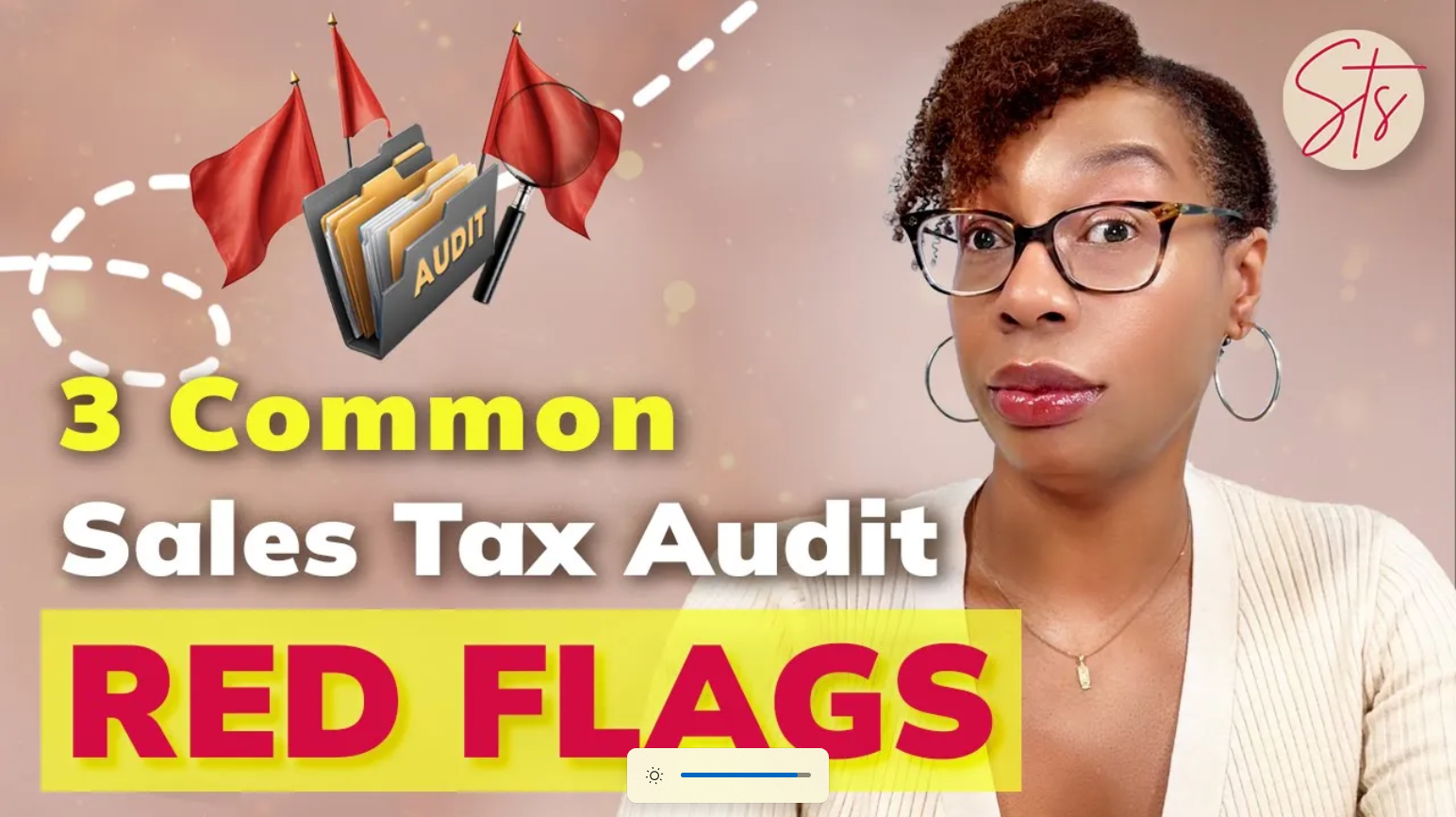
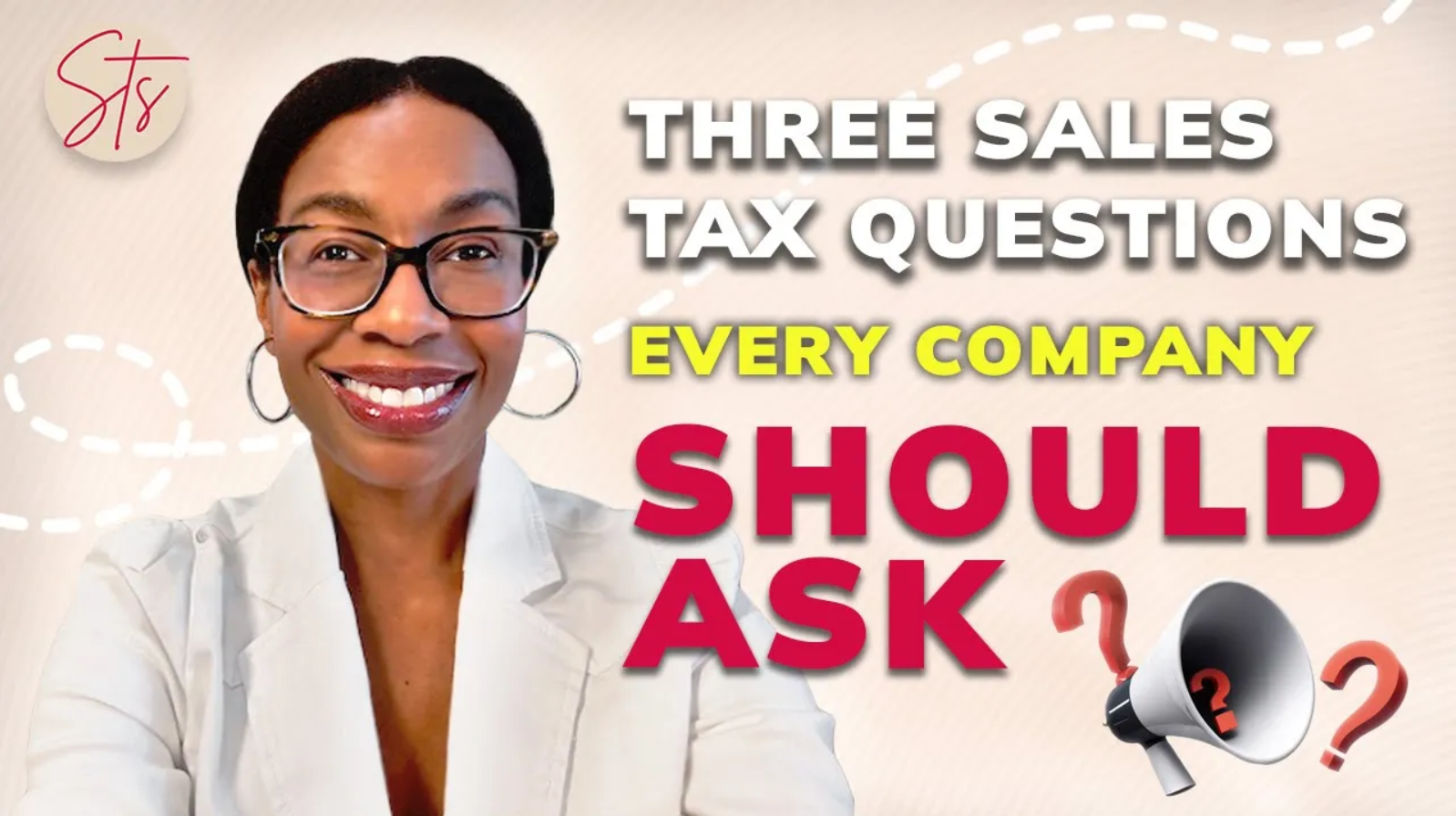
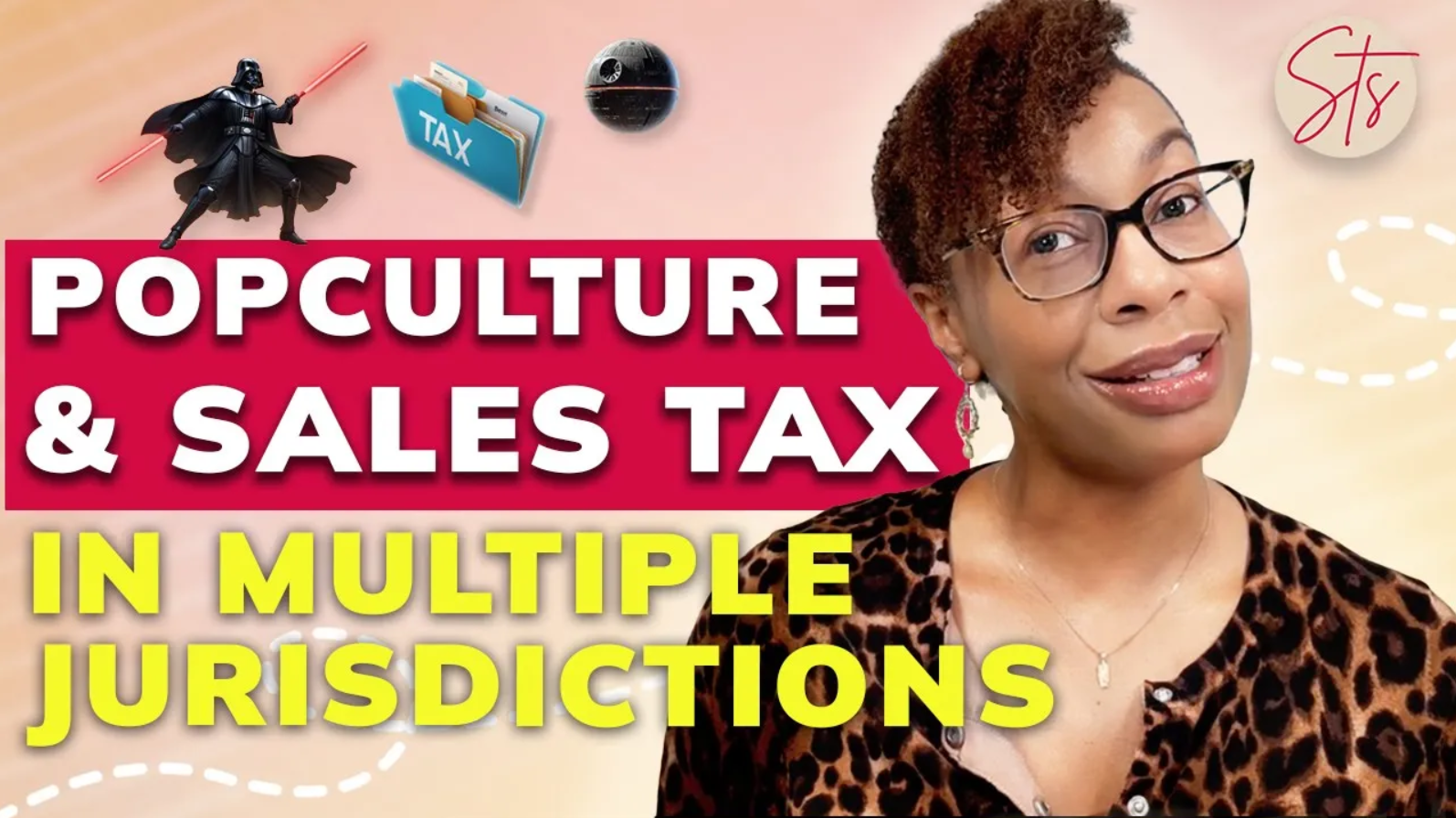


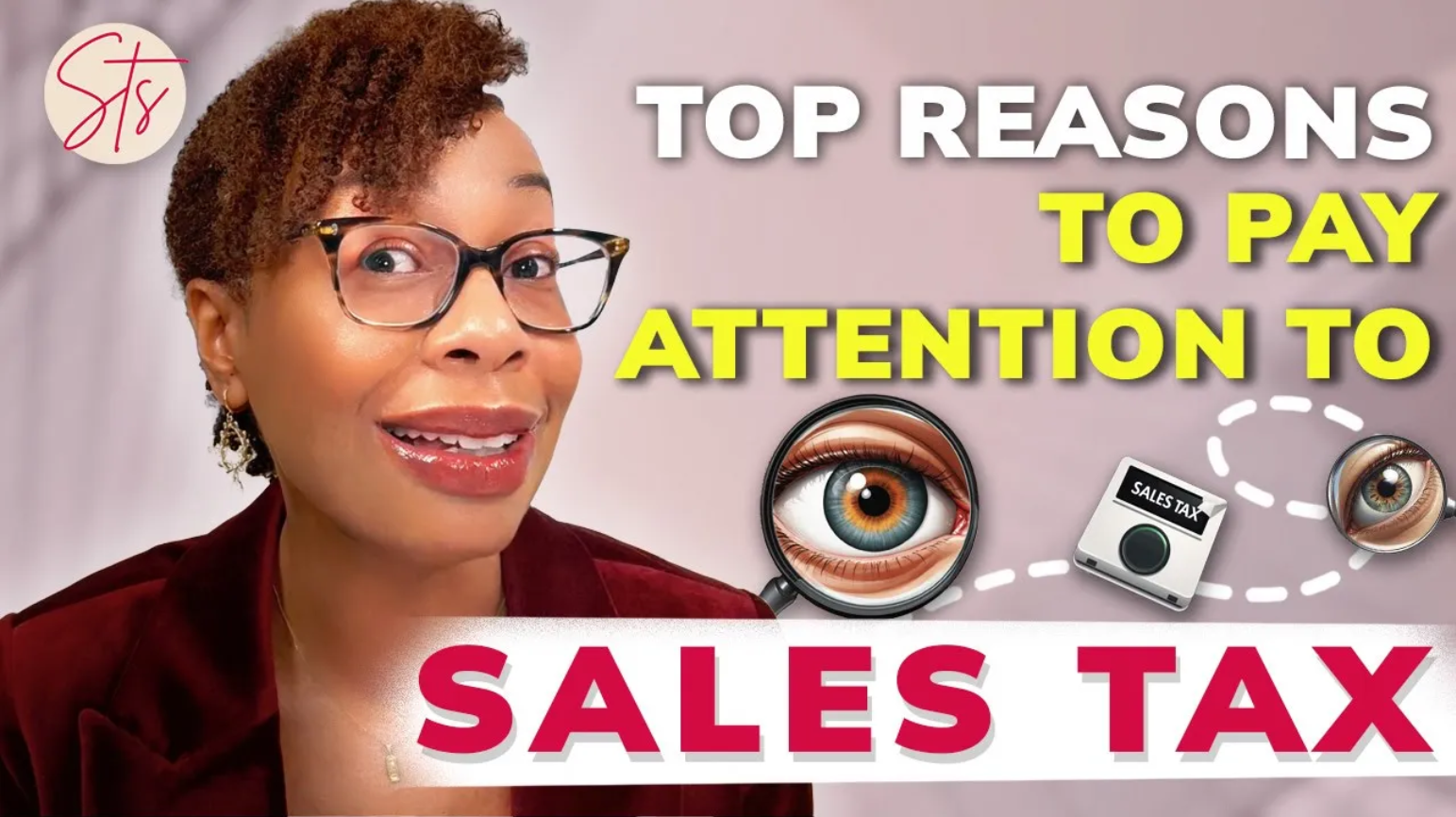
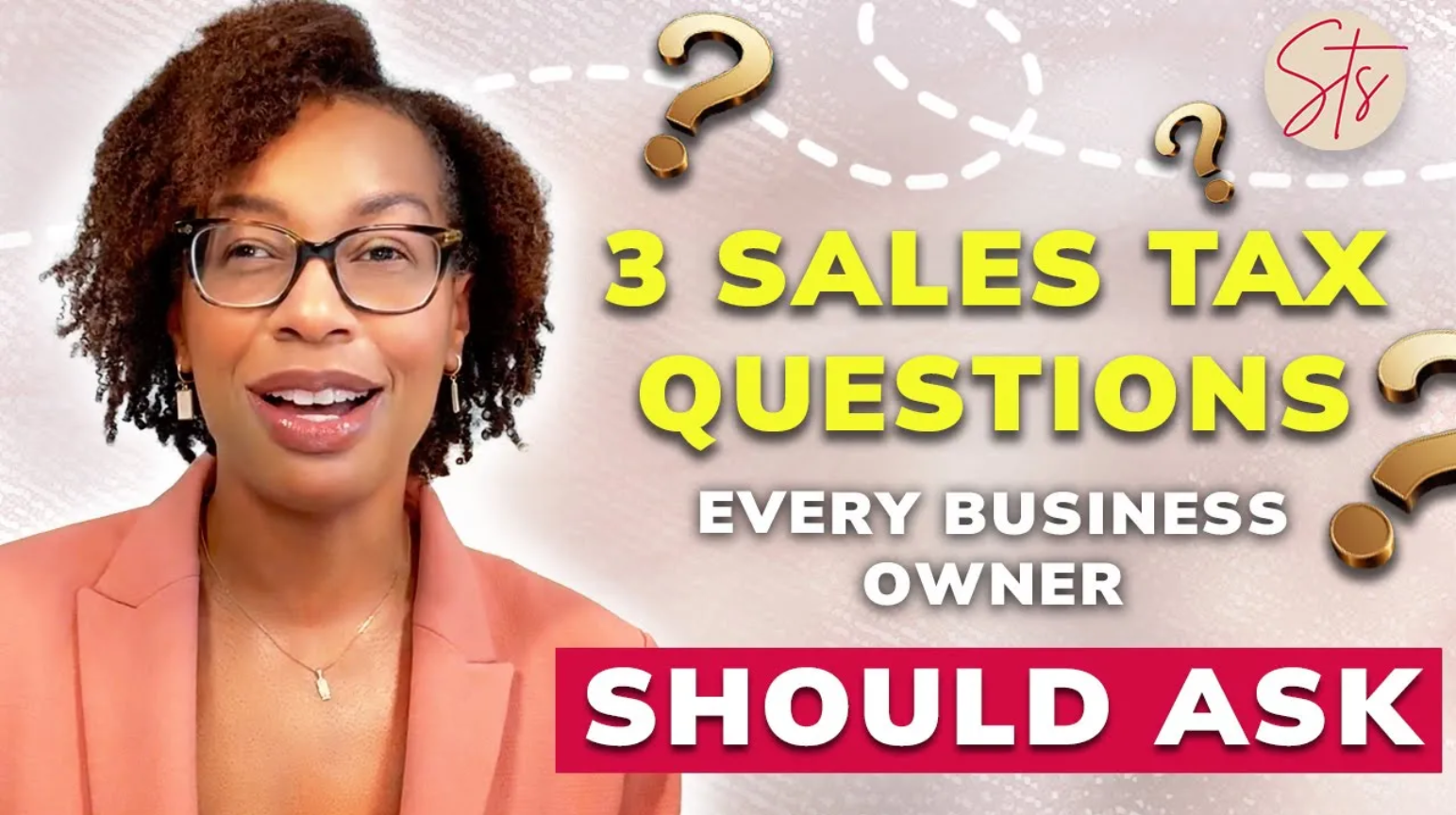
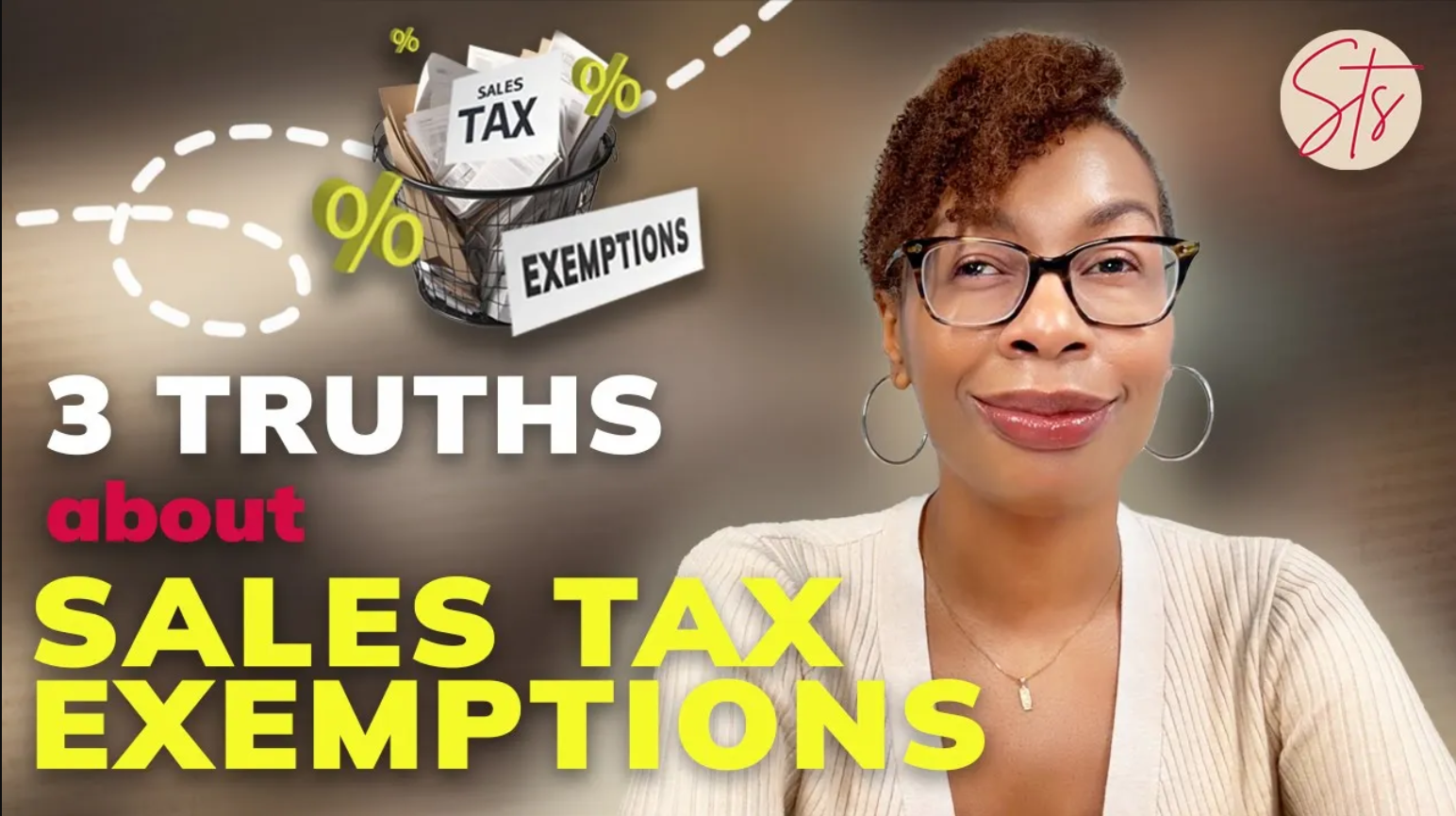










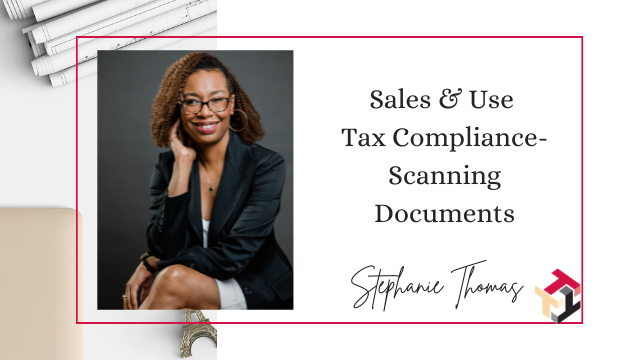










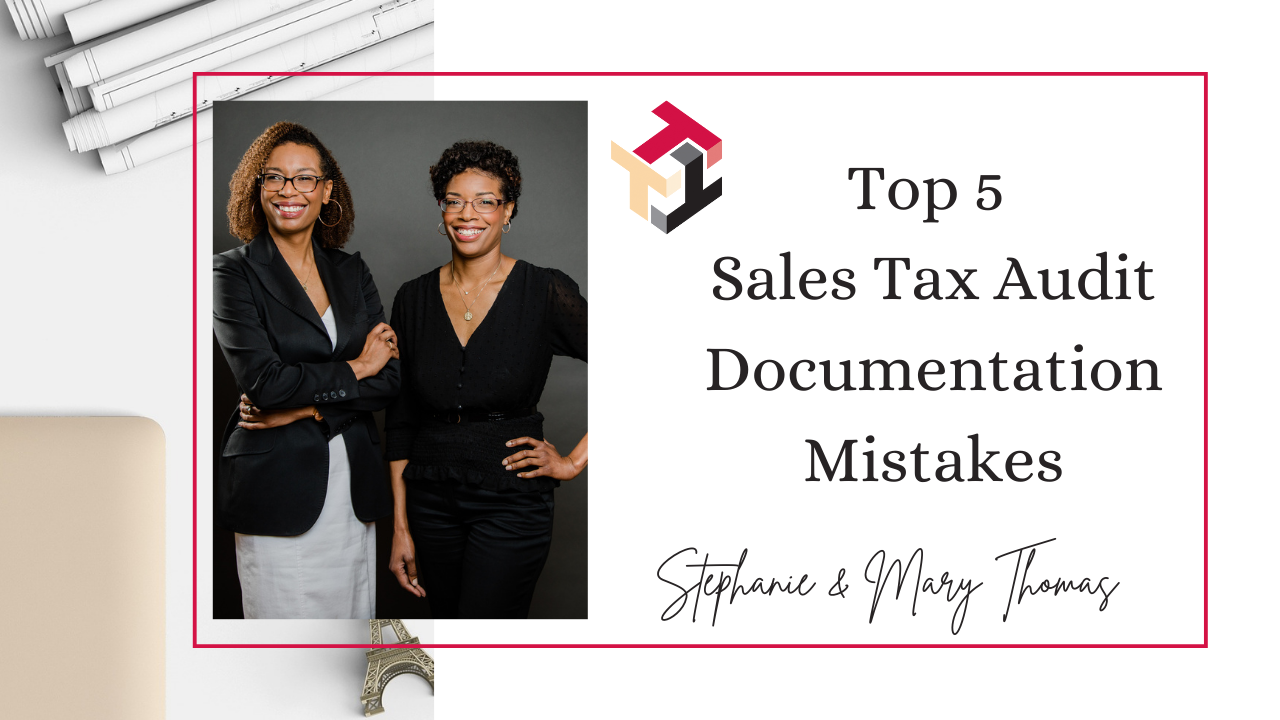
0 Comments